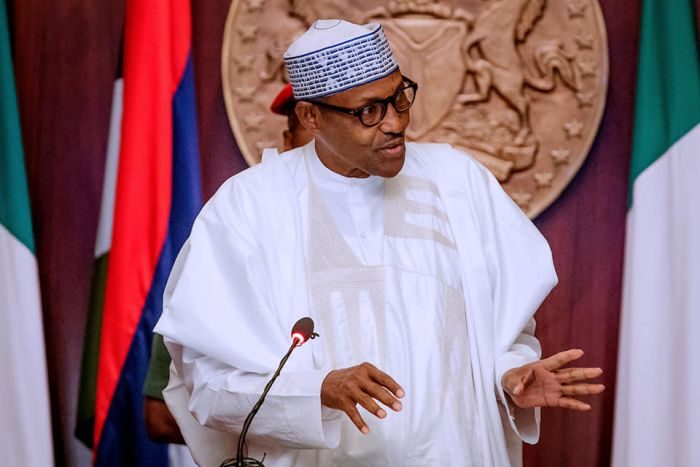While the European Commission has lifted the ban on Ghana’s plant commodities’ export to the European Union (EU) market from January 1, 2018, it has remained silent on Nigeria.
Recall that the EU in 2016 banned certain commodities export including beans and others from Nigeria on grounds of over-use of insecticides and poor packaging for export.
A release from the EU Delegation to Ghana listed five Ghanaian plants cleared for export as chilli pepper, bottle gourds, luffa gourds, bitter gourds and eggplants.
The report said “These plants would from January 1, 2018, have duty-free and quota-free access to the EU market like any other product from Ghana after fulfilling the EU phytosanitary legislation to ensure the freedom of quarantine pests.
It was further gathered that the approval for resumed commodities export stemmed from an audit undertaken from September 12 to 21, 2017 by the Directorate-General for Health and Food Safety of the European Commission, and the evolution of the numbers of import interceptions with quarantine pests notified by Member States for commodities not subject to the ban.
Investigations showed that since the beginning of the ban in October 2015, Ghanaian authorities had taken significant corrective measures to improve the inspection and control system for plant health at exit points, in particular at the Kotoka International Airport.
ALSO SEE: We’ll continue to provide quality education for children – Ambode
The report also noted that “The European Commission congratulates Ghana for reaching this important milestone and encourages Ghana to consolidate the upgraded system and to continue further improvements in the phytosanitary certification system to obtain full compliance with the EU phytosanitary requirements”.
“This outcome had been possible following combined efforts of the Plant Protection and Regulatory Service Department (PPRSD) and coordinated support from several development partners including the European Union through the Trade related Assistance and Quality Enabling programme (TRAQUE), the German International Cooperation (GIZ), the Netherlands Embassy through the GhanaVeg project and USAID.


 Health5 days ago
Health5 days ago
 Entertainment7 days ago
Entertainment7 days ago
 Crime6 days ago
Crime6 days ago
 Education1 week ago
Education1 week ago
 Health1 week ago
Health1 week ago
 Comments and Issues6 days ago
Comments and Issues6 days ago
 Football7 days ago
Football7 days ago
 Latest6 days ago
Latest6 days ago






